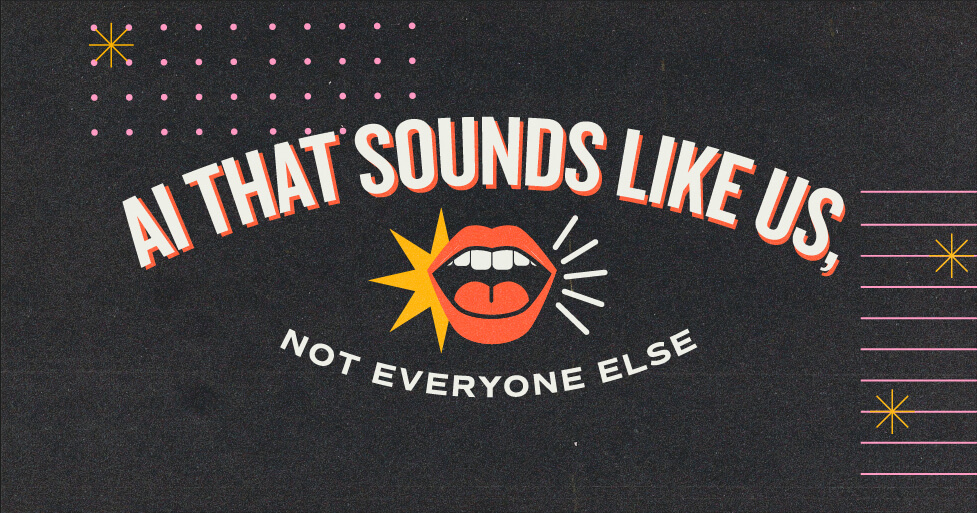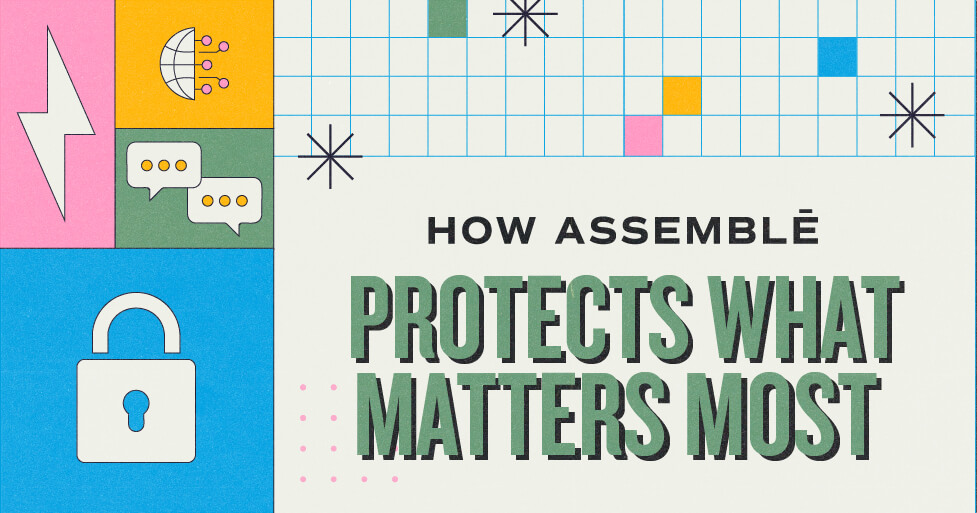
If you keep up with digital marketing news, you’ve likely heard that Facebook recently dropped a pretty big algorithm update to encourage more meaningful interactions on the platform.
Admittedly, social media marketing is not my area of expertise, though I’ve been using some form of social media for the last fifteen years or so (miss you, Xanga).
Now that I’ve been using Facebook with these new changes for a few months, I’ve been observing annoyances that continue to make me less and less engaged with the prevalent social media site. For instance, many pages upload static images as video files. I’ve also seen several posts separated out between two photos or uploaded as an album with blank images included, especially in regards to meme content.

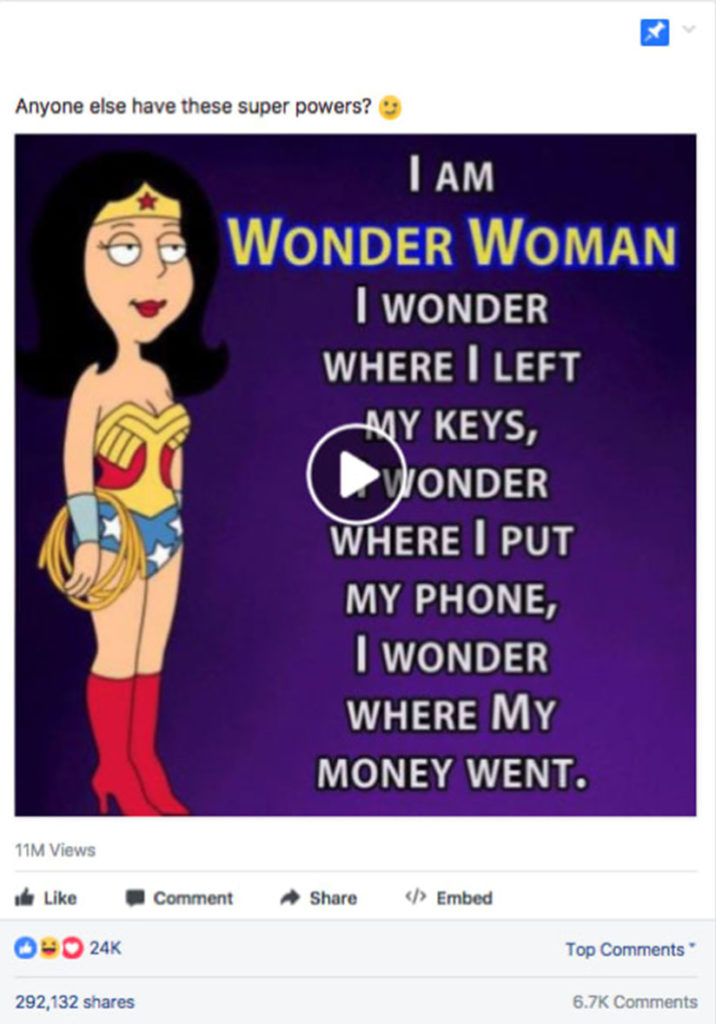
So, why is this necessary? Facebook has deemed memes as low quality content, which has created a problem for the pages with many followers who enjoy this type of content. To overcome this, these pages began uploading videos that are actually images or multiple (completely blank) images to get more impressions on their content. Unfortunately, it’s working.
This makes a spammy mess of the newsfeed and defeats the entire purpose of trying to demote this content in the first place. As it turns out, there are a lot of people on the internet who hate it as much as I do:
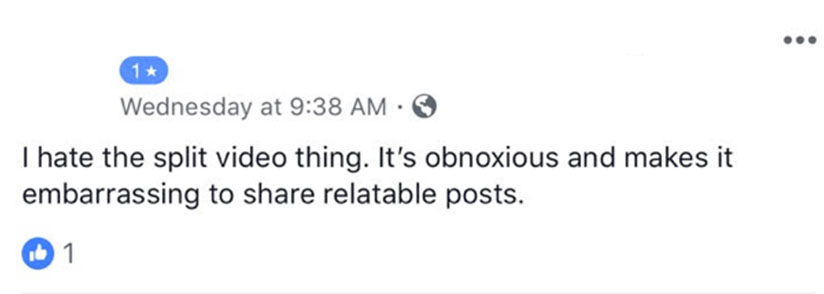
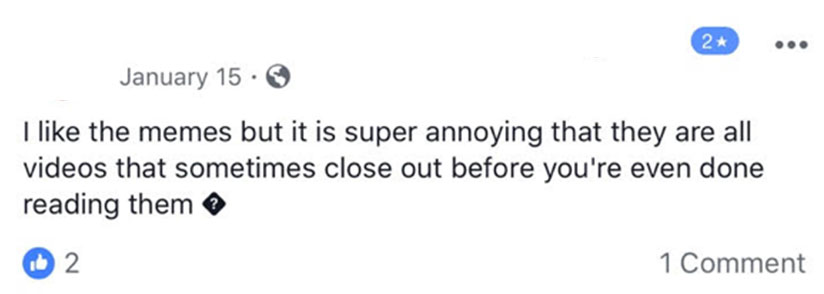
These sketchy tactics intended to manipulate content views is reminiscent of a problem the internet already began tackling about 15 years ago: black hat SEO.
According to Wordstream, black hat SEO is defined as “a set of practices that are used to increase a site or page’s rank in search engines through means that violate the search engines’ terms of service. The term “black hat” originated in Western movies to distinguish the “bad guys” from the “good guys,” who wore white hats.”
Black hat SEO includes practices like link farms, doorway pages, duplicate content, and many others. These spammy strategies worked for a brief period of time and began diluting search engine results pages. Since the main goal of search engines is to provide a helpful solution to their users, search engines had to get smarter to prevent this unhelpful content from ranking. We’ve seen countless Google algorithm updates over the last decade that emphasize quality content.
So, when will Facebook get up to speed on this? They’ve been under the spotlight lately for ensuring the content that’s distributed is helpful and accurate, particularly from brands and publishers. The newest Facebook algorithm update is watching for things like “vote or reaction baiting,” where brands ask users to vote in a brand’s poll by using a certain reaction or creating contests that encourage users to comment or tag people to enter.
These types of posts are a popular way to boost engagement, but, according to Facebook, these interactions are not authentic or meaningful. Due to these current efforts, I anticipate we’ll be seeing more and more algorithm updates that prevent these “black hat” social strategies.
In the interim, I’ll hope my Instagram feed stays sane and try to spend less time being mad about things that happen on the internet. We briefly considered publishing this blog post on Facebook as a blank photo album to get to the top of your newsfeed while being tongue-in-cheek, but we wouldn’t do that to you.
If you’re curious about ways to increase your social engagement with quality content, please reach out to us. We’d love to hear from you!
Subscribe to our newsletter
Get our insights and perspectives delivered to your inbox.
